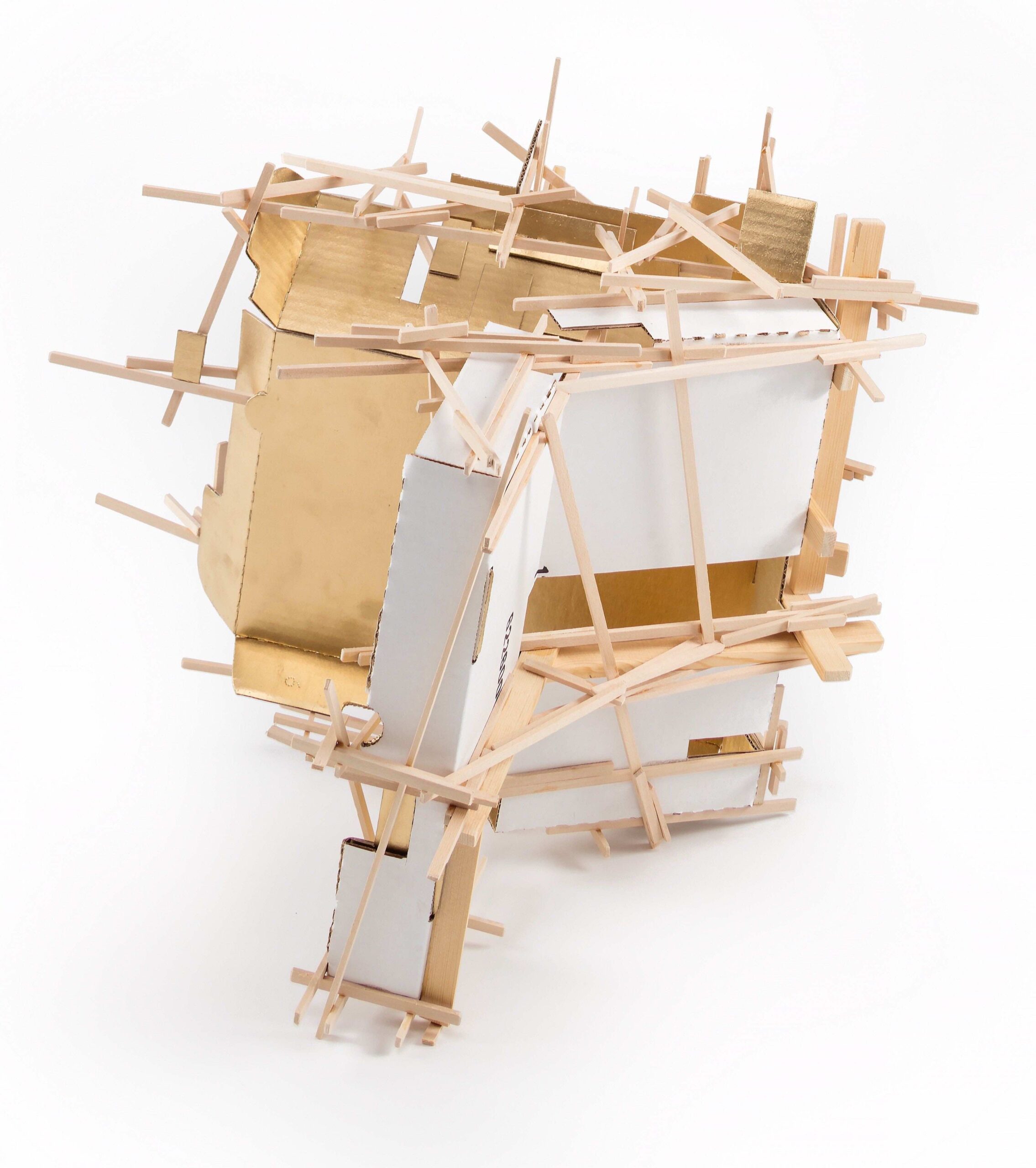
We all have something that we value above all else. For some it is acceptance and belonging; for others it is money, power, fame, social status, knowledge, pleasure, family, or a particular intimate relationship. You know you place a high value on something if you would have a hard time living without it. When we value something a great deal, we begin to worship it. We order our life around achieving or maintaining that ultimate desire or deep need. Some of us don’t spend enough time pondering these matters and lack clarity regarding our deepest held values, but that doesn’t mean they don’t exist or impact our lives. We often claim we want something but are unwilling to take the needed actions to make it happen — throwing into question whether that was something we really desired. This is why investigating art and the act of making is so fascinating. When we make or possess a work of art, we are expressing and exposing our deepest held values.
Those values are revealed through the thousands of decisions that we encounter when we are fashioning a thing. Those values are also expressed when one commits resources to purchasing a particular art object and perhaps living with that work for a lifetime. Not all the things we value are good. Many, upon closer examination, are not productive or beneficial and can ultimately prove destructive. It is a process of self-discovery to ponder the spaces you use and the things you have surrounded yourself with. We can use these things to better understand who we truly are. What do these things reveal about your values? Do they reveal any contradictions between your stated values and your accumulative actions? How might you alter your thinking, spaces, or behavior to better reflect your aspirations and goals?

I have always believed that underlying or foundational beliefs were essential in creating values. When values and beliefs are incoherent to one another, we have a breakdown of values being lived out in culture.